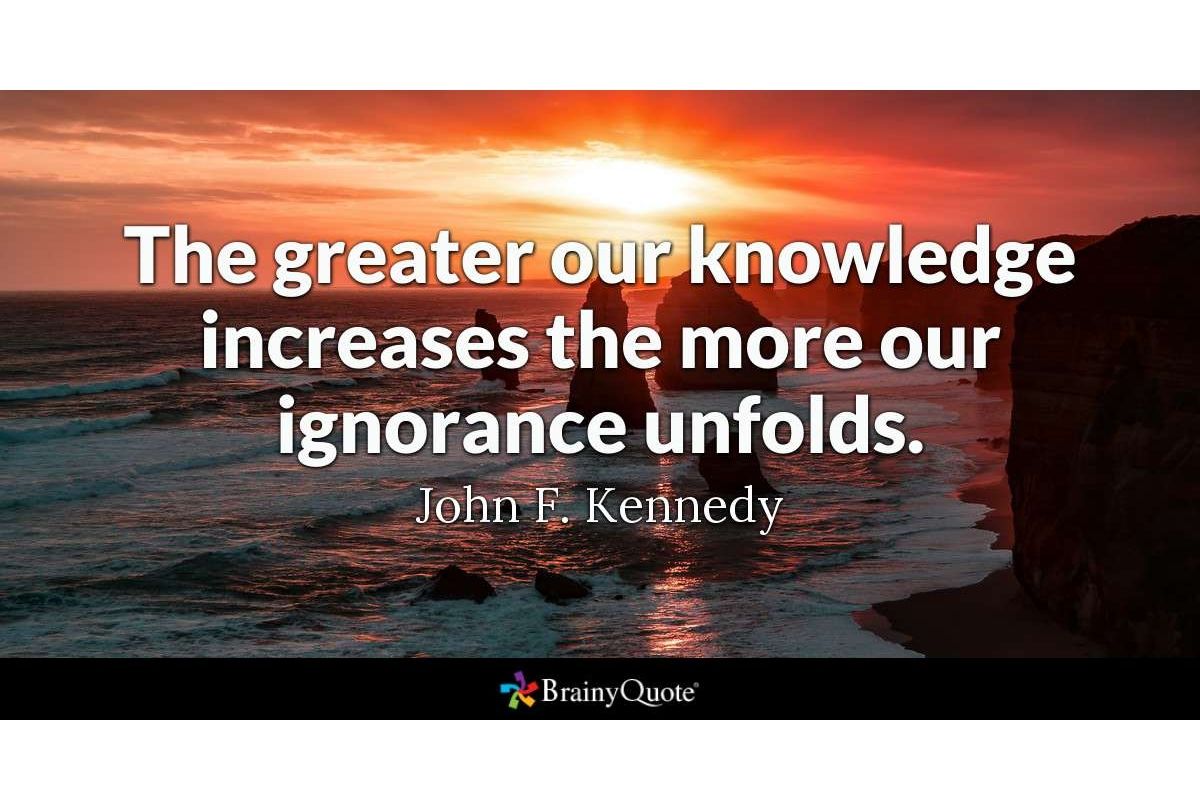
A sense of competence (developing the knowledge, skills and abilities to act effectively on our environment) is considered by many psychologists as a core psychological need. Something we are all seeking out in some aspect of our lives.
To be at university is to be amongst thousands of others chasing this sense:
- Students are trying to learn the skills and knowledge necessary to launch their careers.
- Academics are conducting research on various topics to expand their understanding and use that to influence the world.
- Teachers are constantly updating their knowledge of the relevant fields and improve their teaching methods to better pass down to students the most up-to-date and accurate information.
We’re all chasing competence. Myself included.
But the chase is at least partly rigged. Let me explain.
I’ve had a few experiences over the past few weeks that indicate that I am a) increasing my competence in a range of areas and b) still very much a learner and always will be.
As an example, I’ve been co-facilitating some pilot groups of the Be Well Plan for students with the team from the SAHMRI Wellbeing and Resilience Centre. I moved from being a participant in the program, to being a moderator, to finally being a facilitator.
In the process I have developed my group presentation skills and my knowledge of wellbeing programs. I have increased my competence in that domain and it feels good!
But as my competence in delivering the program increases, I also become increasingly aware of how much I don’t know. Every topic we cover in the program is a reminder of the reality that each topic has a vast depth of research and practice that I’ve not yet encountered, let alone mastered.
It reminds me of this quote:

So the quest for competence is accompanied by a realisation of the limitations of our knowledge.
It helps explain why you can get to the end of a PhD and still feel like an amateur in your area.
And that feeling doesn’t really go away.
For some it can become ‘imposter syndrome‘, in which someone fears their incompetence in an area will be discovered, even when it is clear they are genuinely knowledgeable in the field.
For many of us, it remains a lingering discomfort that the chase for competence is a double edged sword.
The antidote?
As is the case with many experiences of discomfort, a shift in perspective or framing can help.
For example, reminding yourself that you will always be learning and acquiring new knowledge and skills. Just because your degree has finished or a project you are working on has finished, doesn’t mean you don’t still have stuff to learn. Each day is an opportunity to add to your learning, not just demonstrate your competence.
Realise that you have an ever-growing circle of competence and that this grows slowly over time. You are indeed getting more competent, but there are boundaries to that competence. Realising this can help you be upfront about what you do and do not know. There is comfort in realising one’s knowledge boundaries.
Be open and honest about when you encounter something beyond your existing level of competence. The more of us who admit to reaching the edges of our competence, the more comfortable we’ll all be that the experience of discomfort in relation to competence is a shared experience.
Realise that some self-doubt and questioning about one’s competence is far preferable to ignorance and false confidence about one’s knowledge. Ignorance and confidence lead to poor decisions, which can be dangerous. Some self-doubt can lead to seeking further information, willingness to ask for help, being more adaptable, being more open to other perspectives and making cautious and well thought out decisions. It is good to have a little voice in your head that reminds you that you don’t know everything. Even if that sometimes bursts the feel good competence bubble.
Remember some of these ideas as your move through your degree.
It is easy to get caught in the trap of thinking a degree is simply a series of opportunities to demonstrate competence (tests, assignments, exams). In this view, the onus is on us to constantly be defending our competence against the questions of others. But a degree is actually a series of opportunities to expand our circle of competence, and the mistakes and failures along the way are part of defining the circle’s boundaries. They don’t necessarily feel good, but they are incredibly valuable. If you can settle into this headspace during your degree, it will help you beyond your degree as well in a world where are constantly learning and updating our knowledge and skills.

